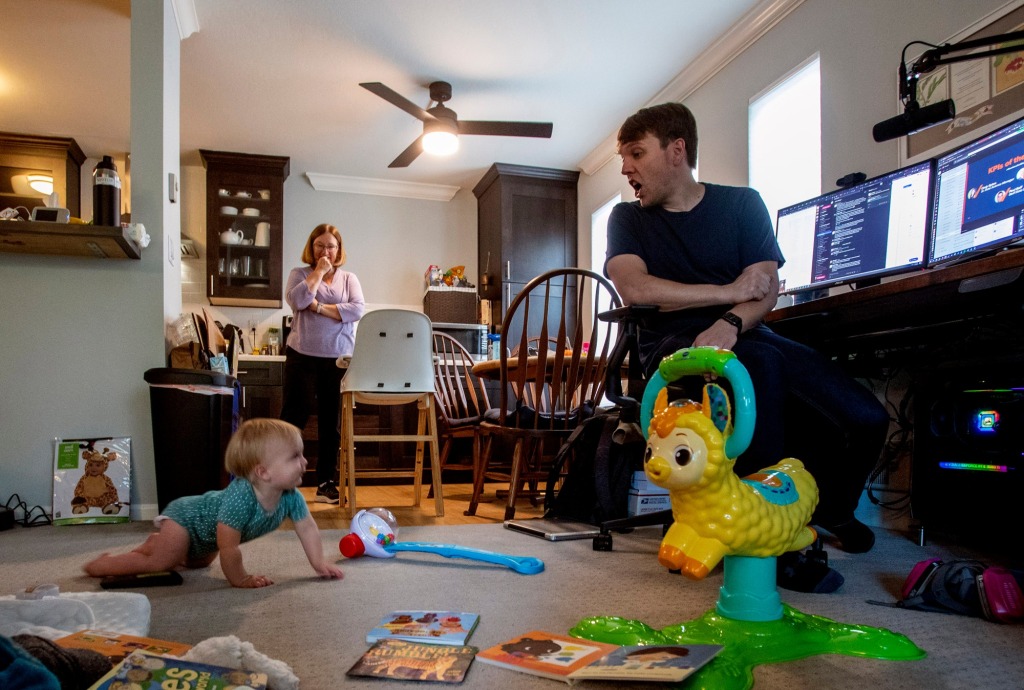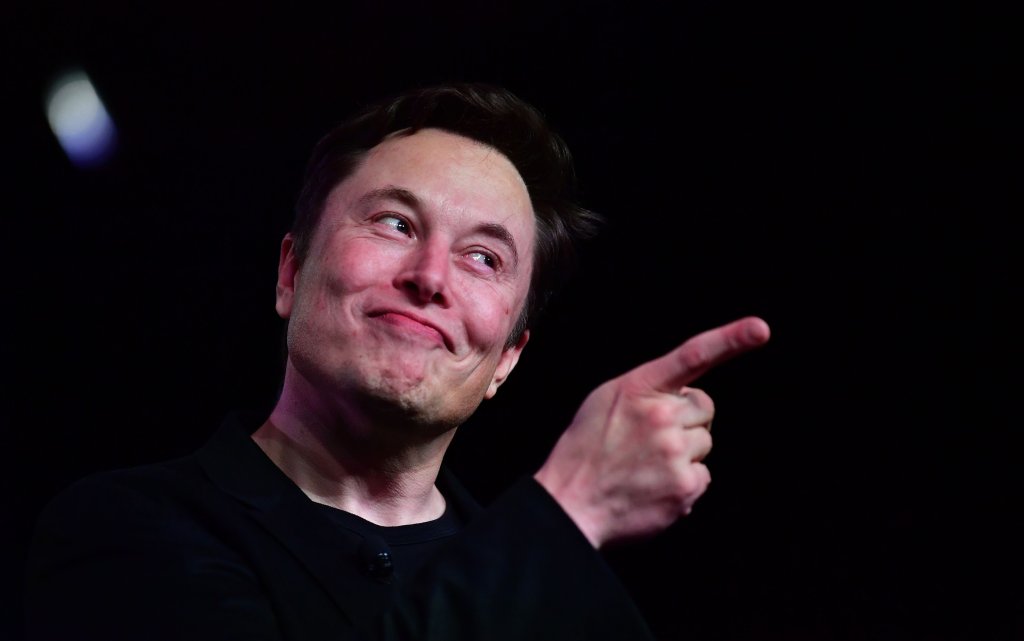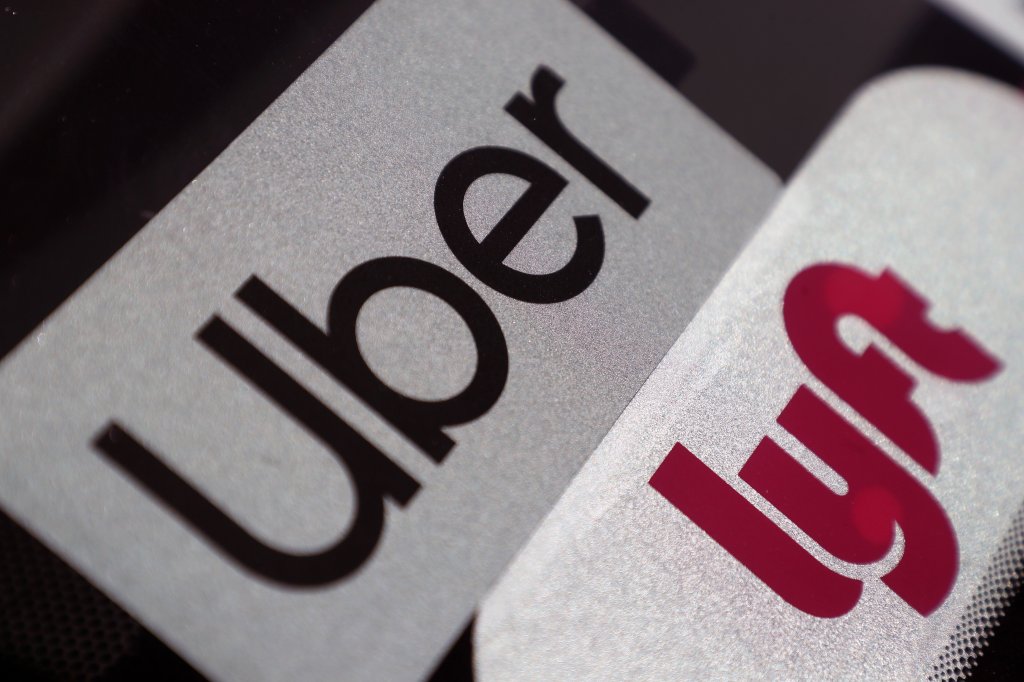Plaid, a startup that has made a name building APIs for financial services apps aimed at consumers, expanded its horizon today with the purchase of Quovo, a similar company with a focus on the investments side of the financial service business.
Bloomberg reported the price tag could be as much as $200 million, but the company told TechCrunch that it is not sharing the price. It seems that Plaid, which has raised almost $310 million, including $250 million on a $2.65 billion valuation just last month, was eager to put the money to work.
While Plaid helps link your checking and savings account to modern financial apps like Venmo, Acorns and Robinhood, Quovo’s APIs are aimed at the investment side of the financial services market with up and coming customers like Betterment, Wealthfront and SoFi, and established players like Stifel, Vanguard, Empower Retirement and John Hancock.
The combined companies plan to offer a full range of financial services APIs. “Together, we’ll build a single platform that developers and large companies alike can use to build any financial application—from payments to lending to wealth management,” the company wrote in a blog post announcing the deal.
Each company helps developers build financial services applications by providing the tools to integrate with accounts, so that developers don’t have to build these links from scratch. Much like Twilio helps build communications into an app and Stripe helps add payments functionality, Plaid builds easy integration with checking and savings accounts. Now it will also provide similar integration for investments.
The deal is expected to close this week and the Quovo team is expected to join Plaid shortly. Quovo CEO, Lowell Putnam, will continue to run the Quovo team and lead strategy for that part of the product set, according to a company spokesperson.
Quovo was founded in 2010 and has raised $21 million, including $4.8 million Series B last May, according to Crunchbase data. If the price is accurate, it would seem that the company gave a nice return on the $21 million investors made in the company.










